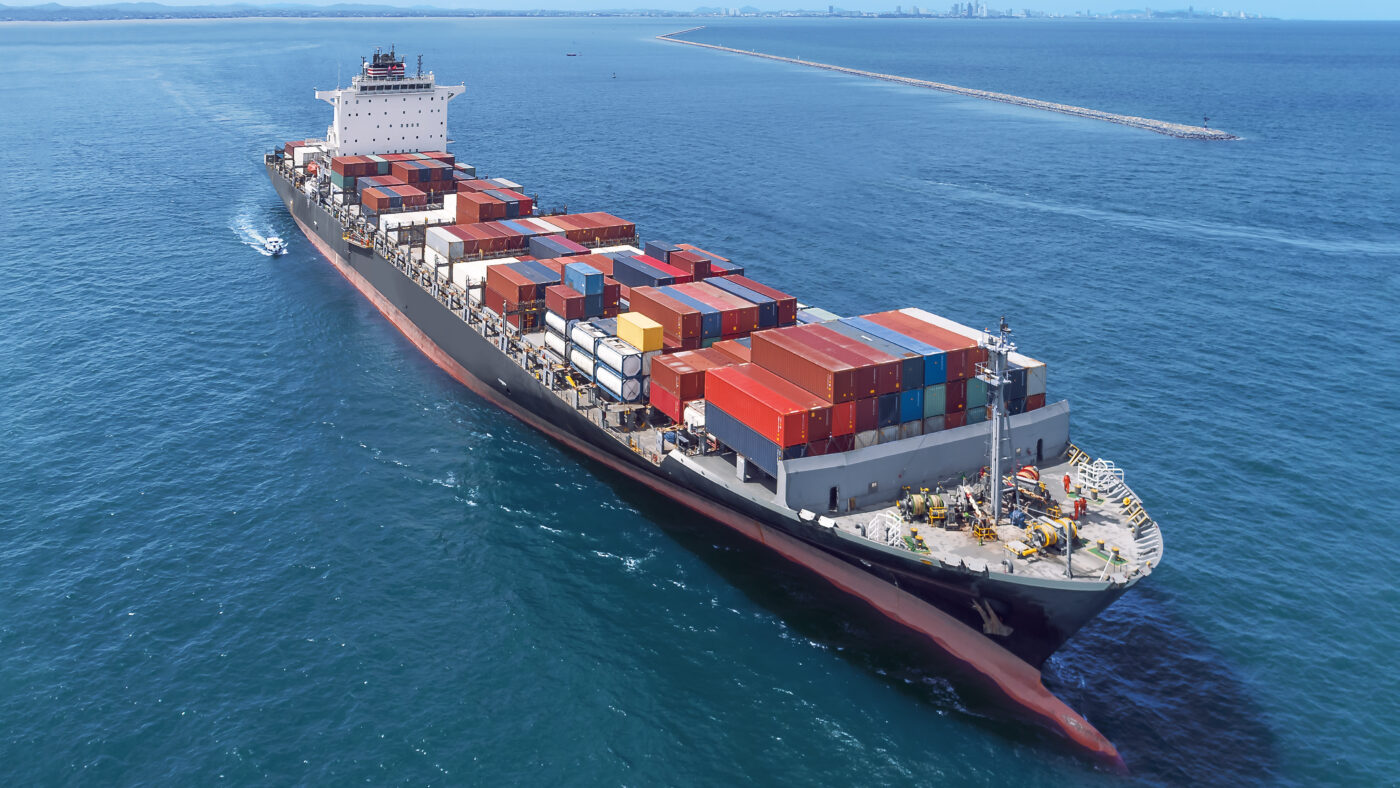Jeremy Hunt is planning to introduce a special tax on certain imports called a ‘carbon border adjustment mechanism’ (CBAM). Some Tory MPs say this is a bad idea, as does Liz Truss’ Growth Commission, a group of economists who estimated that the scheme will cost 1.5% of GDP over a five year period. Some politicians argue that it constitutes a form of stealth alignment with the EU, which is introducing its own CBAM.
Having recently led a team studying the EU’s CBAM on behalf of the European Parliament, I think Hunt’s critics are wrong on this matter, and it’s worth explaining why the alternatives to a CBAM are likely to be worse from a free market perspective.
The key purpose of a CBAM is to reduce something called ‘carbon leakage’, that might otherwise occur as a result of the key greenhouse gas emissions reduction scheme we have in the UK – the UK Emissions Trading Scheme (ETS). Under the ETS, firms have to acquire carbon allowances – a kind of permit to release greenhouse gases when producing energy, or from industrial emissions or when flying planes. Firms typically have to pay to acquire these permits/allowances. That gives them an incentive to reduce their carbon emissions and it creates an opportunity for lower-carbon alternative firms and alternative products to get a foothold in the market.
But there is a problem. For some products it’s particularly difficult to reduce carbon emissions. So in these cases in particular, there would be a high risk that, instead of paying for allowances, producers would relocate their businesses abroad, to countries that do not have an emissions trading scheme or any equivalent carbon measures such as a carbon tax, and then export the products to the UK. The net result would be that there would be the same amount of carbon emissions (the same stuff would be produced with the same carbon-unfriendly technology) but instead of production happening in the UK, creating jobs and wealth here, that economic activity would be driven abroad. This is carbon leakage.
Up until now, the threat of carbon leakage has been dealt with through the Government giving away a chunk of carbon allowances for free – so-called ‘free allocation’. This is obviously unattractive in a number of ways. It creates economic distortions because firms in some sectors are exempted from a charge (a quasi-tax) that other firms pay. It also means the authorities are foregoing the revenues they would otherwise raise by auctioning off those allowances. And it distorts the political process, as firms in the sectors receiving free allowances need to lobby to keep their allowances and there are debates about precisely how many such allowances are required.
The plan is therefore to get rid of free allocation, and that should be welcomed by free marketeers. But then how to deal with the carbon leakage threat? That’s where the CBAM comes in. The CBAM is a tax applied to imports that makes up the difference between what firms producing those imported products in the UK would have been charged under the ETS and what the foreign firms are actually charged under whatever carbon reduction schemes apply in their home countries. (For the real nerds amongst you, that doesn’t totally address carbon leakage because those foreign firms may export to non-UK countries with no CBAM. But it does go a long way).
Thus, the key point of the CBAM is that it allows us to remove a current expensive distortion to the UK’s ETS, namely the system of free allocation. If we don’t introduce a CBAM, the most likely outcome is that free allocation will continue for much longer, creating further economic distortions and costing revenue.
There are of course legitimate arguments to be had about the ETS and about carbon policy more generally. One can debate about whether Net Zero should be targeted for 2035 or 2030 – and of course, Labour and the Tories do. One can debate what path of allowances reduction will achieve Net Zero by any given date. One can also debate more generally whether policy has too much focus on mitigating climate change relative to adaptation.
But if you are going to have an emissions trading system, then surely it is best to have one that is efficient, creates as few economic distortions as feasible and consistent with the general policy goal, and that does not sacrifice revenues unnecessarily. And to achieve that, it will be better to remove free allocation. And to remove free allocation without creating additional distortions via carbon leakage, it will be helpful to have a CBAM.
Click here to subscribe to our daily briefing – the best pieces from CapX and across the web.
CapX depends on the generosity of its readers. If you value what we do, please consider making a donation.


